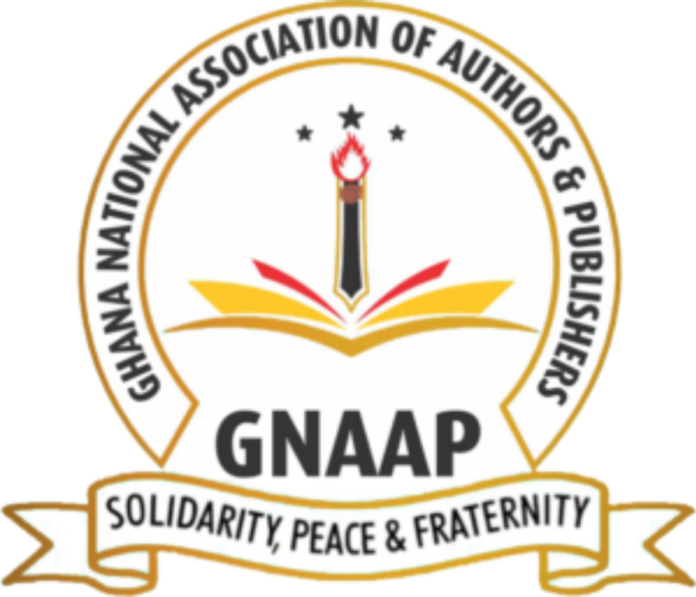The Ghana National Association of Authors and Publishers has admitted the contents of a history book which attempted to explain some disadvantages of the activities of the Christian missionary in Ghana are not suitable for its intended learners.
Among a number of controversial statements, the book titled, ‘History of Ghana for Basic Schools, Learners book 4’, states that, the existence of religion, particularly Christianity, was the cause of doctrinal conflicts and increased poverty in Ghana.
Addressing a news conference in Kumasi, the President of the association, John Akwasi Amponsah rendered an apology for the errors, stating that the listed points in the book were the views of the author.
“The authors did well to discuss in the pages that preceded the page that raised the controversy; that the points raised in the book were views or opinions of the author regarding the negative effects of the Christian missionaries in Ghana. However, we admit in part to the error of adherence to content requirements and suitability of content for the level it was intended for,” he said.
The association says after a painstaking study of the page which circulated on social media, it observed that the content was a response to STRAND 3, substrand 3 of the History Curriculum for Primary School – Missionary Activities in Ghana.
This requires that the author identifies missionary societies in Ghana, their location, and discusses formal education and other activities (including establishment of vocational training centres) as some impacts of Christian missionaries in Ghana.
However, a portion of the curriculum requirement impresses on debating the effects (advantages and disadvantages) of European activities in Ghana, which the association found subjective to the views of the author.
John Amponsah continued that: “The authors, we admit, should have remained faithful to the demands of the syllabus and stressed the impact of Christian missionaries rather than religion as a whole. On the issue of language suitability, we admit to the fact that the content and the style of expression was a little above the learners for whom the message was intended”.
Authors of the book listed some negative effects of Christian missionary activities, citing that the existence of Christianity has increased poverty.
The content of the book intended for basic 4 pupils did not sit well with some Christian parents.
In a tweet on May 25, 2023, a Deputy Minister for Education, Rev. John Ntim Fordjour also condemned the content, describing it as “obnoxious, appalling, and misconceived”.
He supported the National Council for Curriculum and Assessment’s call for the withdrawal of the book from the market.
Reacting to the comments, the Ghana National Association of Authors and Publishers admitted the blunder following its assessment of the book.
“We wish to accept in good faith the criticism of all stakeholders and render unqualified apology to the Ministry of Education, the National Council for Curriculum and Assessment, Ghanaian Schools, Nananom, the Christian Council of Ghana, and any Ghanaian who finds the statements obnoxious. For many years, Ghanaians have had confidence in the textbooks developers and have found their works useful. We, as a result, plead with the people of Ghana and all stakeholders to continue to have confidence in our products and services,” he said.
The association further indicated that it is subsequently establishing an internal committee to further run assessment of the works of its members to avoid a repeat of such errors.
“We cannot now continue to over rely on editors. For if the editor makes the mistake and the publisher does not see and takes the material outside to print, we can cause the damage and we must accept the blame. We accept the blame. Henceforth, after NaCCA has done its work and forwarded to editors, we as publishers are going to read through everything,” he said.
The association says it remains committed to producing books of higher standards for pupils’ consumption.


